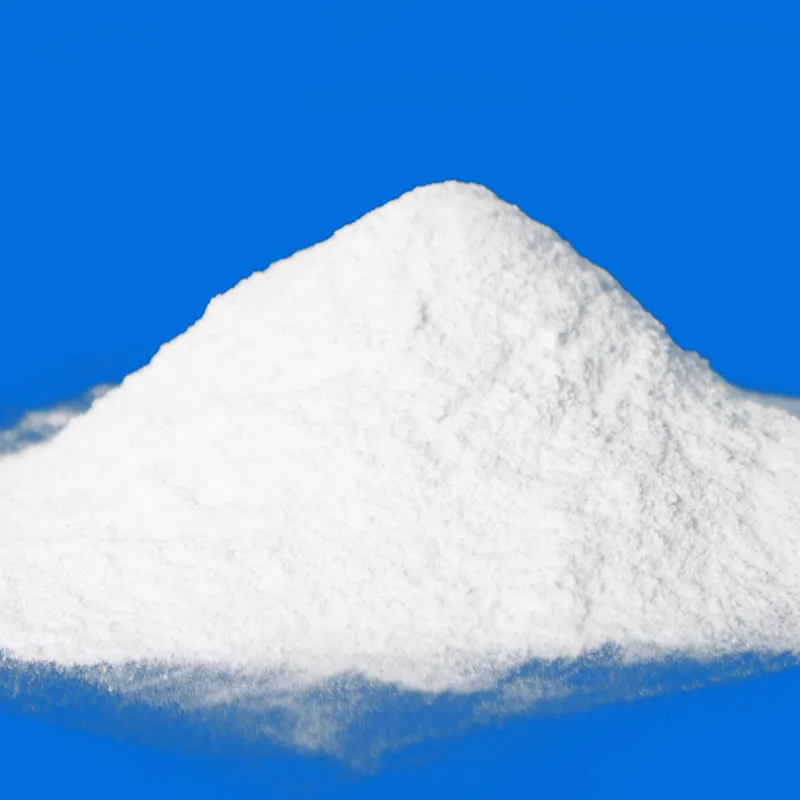
e951 sweetener
The Role of E951 Sweetener in Modern Diets
E951, commonly known as aspartame, is a low-calorie artificial sweetener that has become a staple ingredient in a wide array of food and beverage products. Approved by regulatory bodies such as the U.S. Food and Drug Administration (FDA) and the European Food Safety Authority (EFSA), aspartame is approximately 200 times sweeter than sucrose (table sugar), allowing manufacturers to use it in minute quantities to achieve the desired sweetness without adding significant calories.
The Role of E951 Sweetener in Modern Diets
Furthermore, E951 is particularly popular among individuals with diabetes. As aspartame does not elevate blood sugar levels, it offers a safe alternative for those who need to monitor their carbohydrate intake. This characteristic allows people with diabetes to enjoy sweet-tasting foods and beverages while adhering to their dietary restrictions.
e951 sweetener

However, the use of E951 is not without controversy. Reports of adverse reactions, including headaches and allergic reactions, have led to debates about the safety of aspartame. Some individuals claim to be sensitive to this sweetener, although scientific studies have not consistently supported these claims. Major health organizations affirm that aspartame is safe for human consumption within acceptable daily intake levels. It is crucial for consumers to be aware of their body’s responses and consult healthcare professionals if they experience any negative effects.
In addition to its health implications, the environmental impact of aspartame production cannot be overlooked. As the food industry faces increasing scrutiny regarding sustainability, the low-calorie nature of E951 contributes to reducing sugar cultivation, which can be resource-intensive. The production of aspartame generally requires fewer agricultural resources compared to growing sugar cane or sugar beets, appealing to environmentally conscious consumers.
In conclusion, E951, or aspartame, plays a significant role in modern diets by providing a low-calorie alternative to traditional sugar, benefiting those managing weight and individuals with diabetes. While the sweetener has faced scrutiny regarding its safety and potential health effects, extensive research underscores its approval by relevant health authorities. As we continue to navigate dietary choices in an era of increasing health awareness, E951 will likely remain a popular component in the quest for healthier lifestyles. Consumers should remain informed, evaluate their individual tolerances, and embrace a balanced diet that aligns with their health goals.
-
Nitrile Rubber Honoring Strict Production StandardsNewsAug.22,2025
-
Aspartame Ingredients Honoring Food Safety ValuesNewsAug.22,2025
-
Fertilizer for Balanced Plant NutritionNewsAug.22,2025
-
Cyanide Gold Processing with High Purity AdditivesNewsAug.22,2025
-
Formic Acid in Textile Dyeing ApplicationsNewsAug.22,2025
-
Aluminum Hydroxide Gel in Skincare ProductsNewsAug.22,2025
-
Regulatory Compliance for Global Mining Chemicals UseNewsAug.12,2025
Hebei Tenger Chemical Technology Co., Ltd. focuses on the chemical industry and is committed to the export service of chemical raw materials.
-

view more DiethanolisopropanolamineIn the ever-growing field of chemical solutions, diethanolisopropanolamine (DEIPA) stands out as a versatile and important compound. Due to its unique chemical structure and properties, DEIPA is of interest to various industries including construction, personal care, and agriculture. -

view more TriisopropanolamineTriisopropanolamine (TIPA) alkanol amine substance, is a kind of alcohol amine compound with amino and alcohol hydroxyl, and because of its molecules contains both amino and hydroxyl. -

view more Tetramethyl Thiuram DisulfideTetramethyl thiuram disulfide, also known as TMTD, is a white to light-yellow powder with a distinct sulfur-like odor. It is soluble in organic solvents such as benzene, acetone, and ethyl acetate, making it highly versatile for use in different formulations. TMTD is known for its excellent vulcanization acceleration properties, which makes it a key ingredient in the production of rubber products. Additionally, it acts as an effective fungicide and bactericide, making it valuable in agricultural applications. Its high purity and stability ensure consistent performance, making it a preferred choice for manufacturers across various industries.





